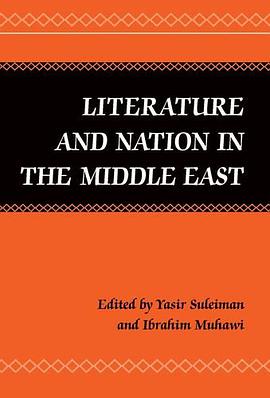

具体描述
This study focuses on the post-Holocaust writers Sylvia Plath, Geoffrey Hill, Tony Harrison, and Ted Hughes, while also stressing the links between their work and the Holocaust poetry of Paul Celan, Miklos Radnoti, Primo Levi, and Janos Pilinszky. Developing his theory of "awkwardness," Antony Rowland argues that post-Holocaust poetry can play an important part in our understanding of Holocaust writing. Rowland examines post-Holocaust poetry's self-conscious, imaginative engagement with the Holocaust, as well as the literature of survivors. He illuminates how "awkward" poetics enable post-Holocaust poets to provide ethical responses to history and avoid aesthetic prurience. This probing and sensitive reassessment of Holocaust-related poetry offers an important new perspective on postwar poetry.
作者简介
目录信息
读后感
评分
评分
评分
评分
用户评价
相关图书
本站所有内容均为互联网搜索引擎提供的公开搜索信息,本站不存储任何数据与内容,任何内容与数据均与本站无关,如有需要请联系相关搜索引擎包括但不限于百度,google,bing,sogou 等
© 2026 book.wenda123.org All Rights Reserved. 图书目录大全 版权所有




















